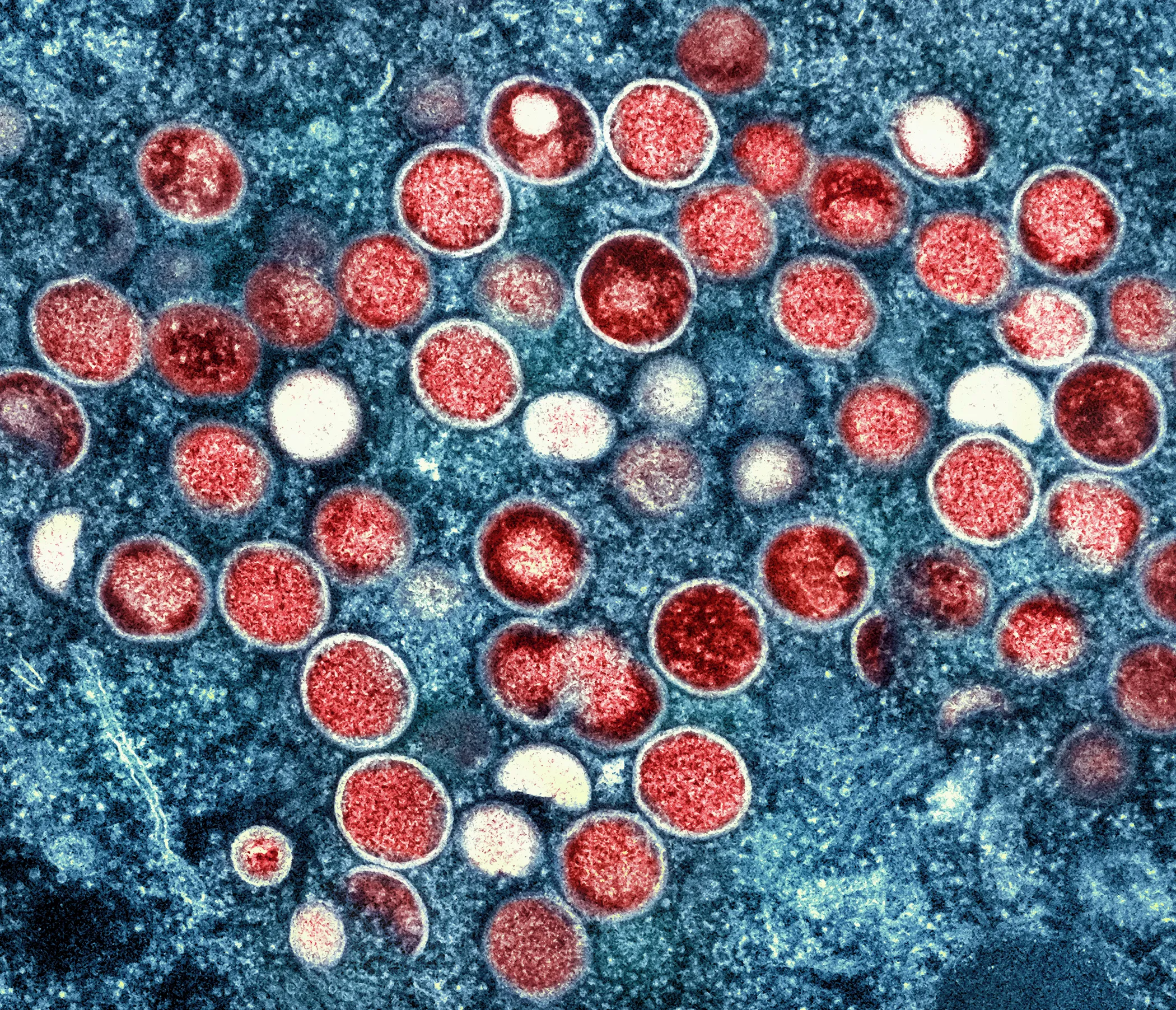
Sierra Leone has implemented a public health emergency following the confirmation of two mpox cases in the country.
Health Minister Austin Demby made the announcement in Freetown after confirming the second case of the viral disease. “The confirmation of two cases of mpox in the country has prompted immediate action as mandated by the Public Health Act,” Demby stated. “On behalf of the government of Sierra Leone, I am declaring a public health emergency.”
The nation reported its first mpox case last week, marking its first confirmation since the African Union’s health authority declared a continental emergency over the growing outbreak last year. The National Public Health Agency subsequently confirmed a second case involving a 21-year-old man who developed symptoms on January 6.
The Ministry of Health and Sanitation reported that neither patient had known contact with infected animals or sick individuals. Only the first case involved recent travel, specifically to Lungi, an airport town in the northern Port Loko District, between December 26 and January 6. Both patients are currently receiving treatment in Freetown.
Demby explained that the emergency declaration “allows us to act immediately to mobilise the resources needed to contain the disease, prevent further spread and provide care to those affected.” The minister announced enhanced border surveillance and testing measures, alongside a national awareness campaign. He emphasized the country’s medical preparedness, citing experience gained from managing Ebola and COVID-19 outbreaks.
“We urge all citizens to remain calm, stay informed and report any suspected cases promptly to healthcare authorities,” Demby advised.
Mpox, caused by a virus from the smallpox family, presents with high fever and skin lesions called vesicles. Originally identified in 1958 during monkey outbreaks, the disease primarily affected people in Central and West Africa who had close contact with infected animals. In 2022, scientists confirmed for the first time that the virus could spread through sexual contact, leading to outbreaks in over 70 previously unaffected countries.
The Democratic Republic of the Congo (DRC) has experienced the most severe impact, accounting for most of Africa’s approximately 43,000 suspected cases and 1,000 deaths this year.
Sierra Leone previously faced a devastating Ebola outbreak between 2014 and 2016, which claimed about 4,000 lives in West Africa, including nearly 7 percent of the country’s healthcare workers.











Be the first to leave a comment